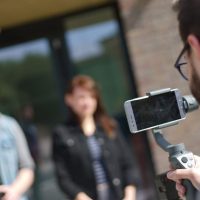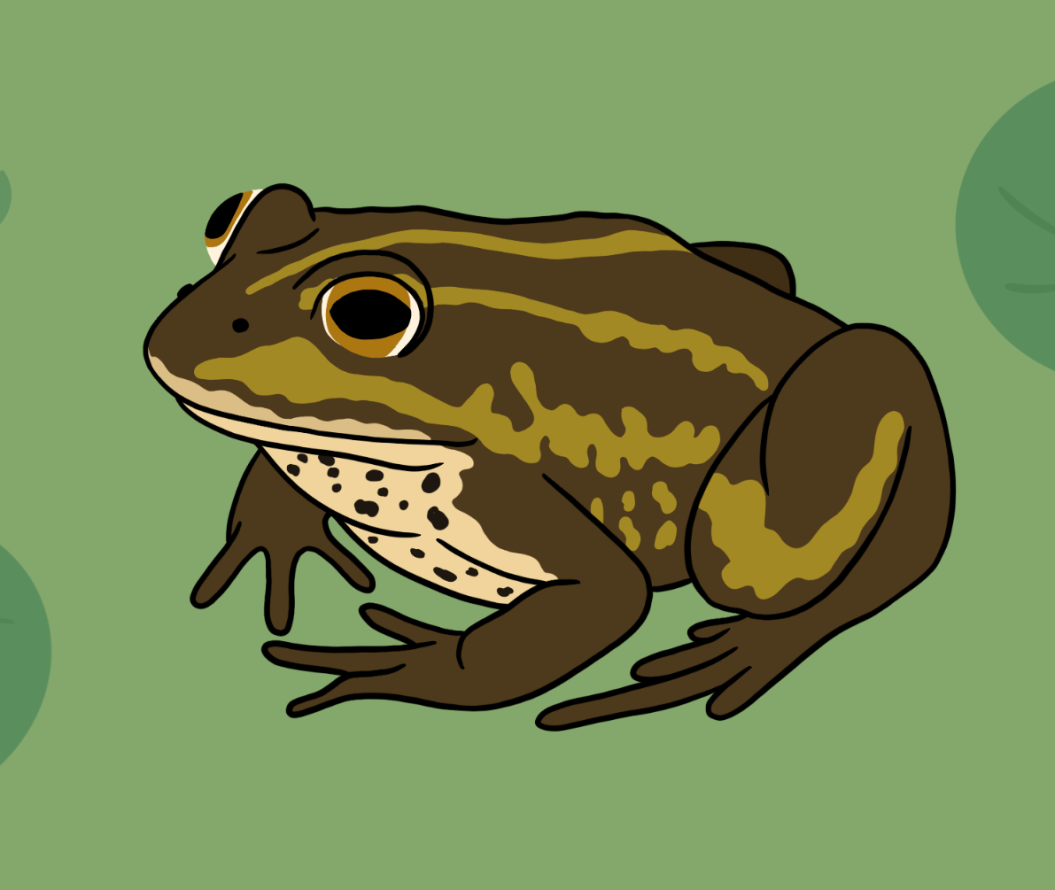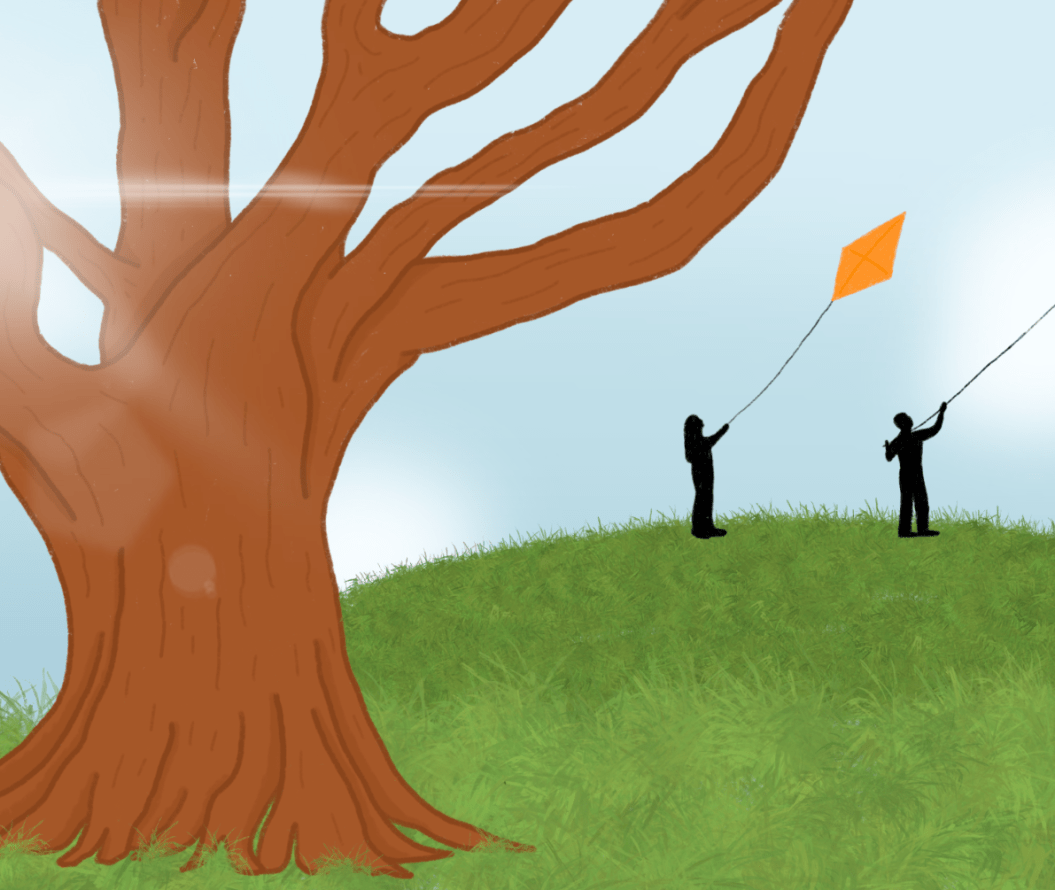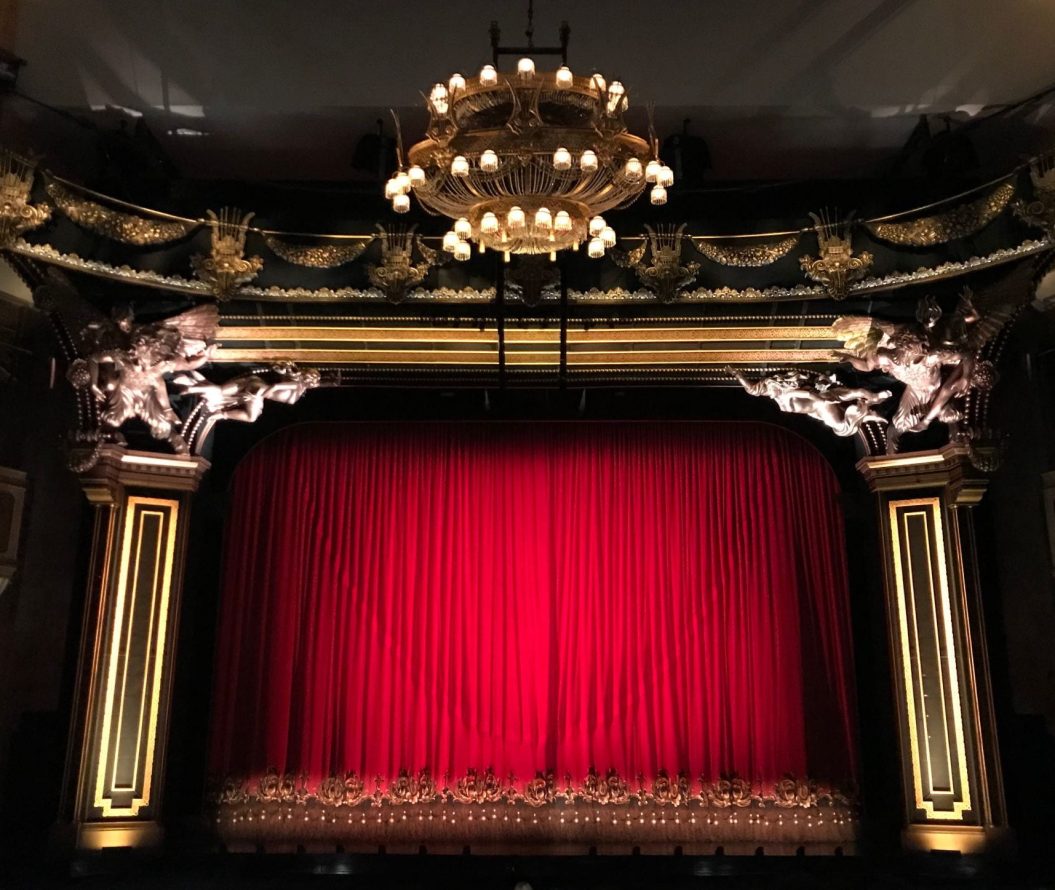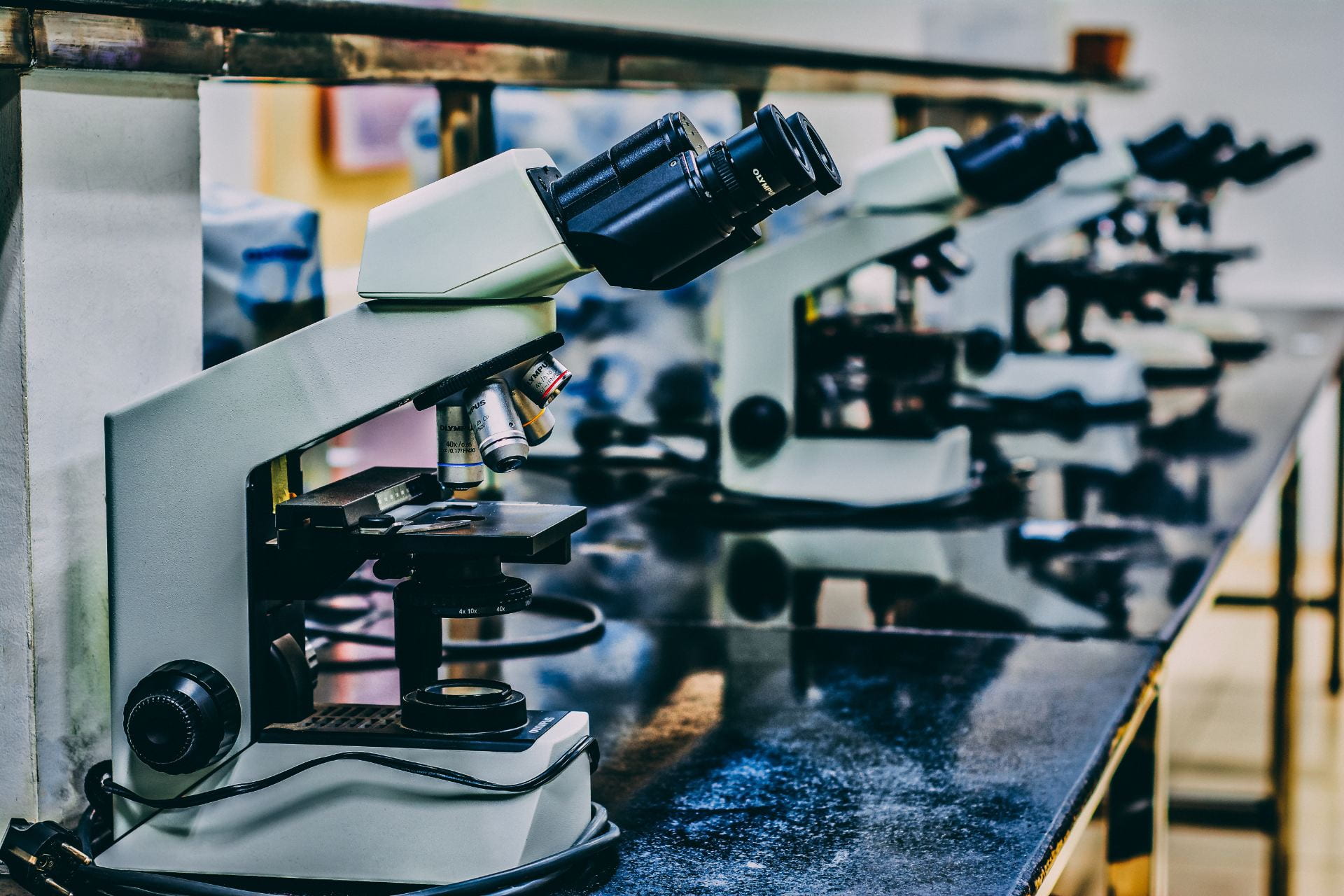
Since my childhood, I have been fascinated by science; it has definitely influenced my academic choices.
After finishing school, I did my Bachelors degree in Forensic Science in India. While studying I found that the analytical part of my curriculum was very interesting, which ultimately led me to choose to do an MSc in Analytical Science at the University of Lincoln.
I would totally recommend this course to those whom have a basic knowledge of chemistry, are driven by curiosity, and are fond of performing statistical analysis, to get conclusions from meticulous observations.
I have almost finished my MSc now, and I have learnt a lot in the process. These, are what I think, have been the best things about my course:
Great curriculum, covering both theoretical and practical aspects
This course offers a content rich curriculum. It includes short courses of relevant analytical techniques such as spectroscopy, chromatography, microscopy etc. Along with lab work, allowing us to gain vital practical knowledge. There is also a professional and personal development module, which helps in gaining professional skills that look good on your CV.
You get to work with the analytical instruments
As a Master’s student, I wanted to get a hands-on experience with the analytical instruments. I had never worked in labs before; this course allowed me to use a range of instruments and learn how they work.
Analysing real-time samples
While working in labs we are given real time samples for analysis. We are taught all the steps from sampling through to analysis, but if we are unable to do it on our own, then the specialists and lab technicians are always there to guide us. We also get to learn good laboratory practices while working in real laboratories.
Writing lab reports
After performing analysis, we are asked to write reports in the form of scientific papers. This is really good to improve our writing skills, and it has personally helped me a lot.
Using data analysis software
We are taught to analyse the collected data on various data analysis software. So far I have learnt how to use Origin and Tanagra.
Make connections with top researchers and professionals
While studying, we get to meet new people from different scientific backgrounds, with whom we can connect with for research or work purposes. Staff gatherings are organised on occasions such as Christmas, Thanksgiving etc., where we can meet these people and bond with them.
Dissertation
We get to do a big research project on a topic of our interest; we are assigned relevant supervisors whom guide us through the research and writing process. This research projects helps us to discover our own abilities, and put our newly learnt skills into practice.
I suppose the aforementioned reasons are enough to recommend this course to others. If you have a passion for analytical science, then this is the course for you, as you will get to learn in a professional yet warm environment, where everyone encourages you to learn more and they are always ready to help whenever needed.
Written by Indian student, Smriti Rawat (MSc Analytical Sciences).
Please note: This content was created prior to Coronavirus, and some things might be different due to current laws and restrictions. Please refer to Government advice and the University of Lincoln for the latest information.
